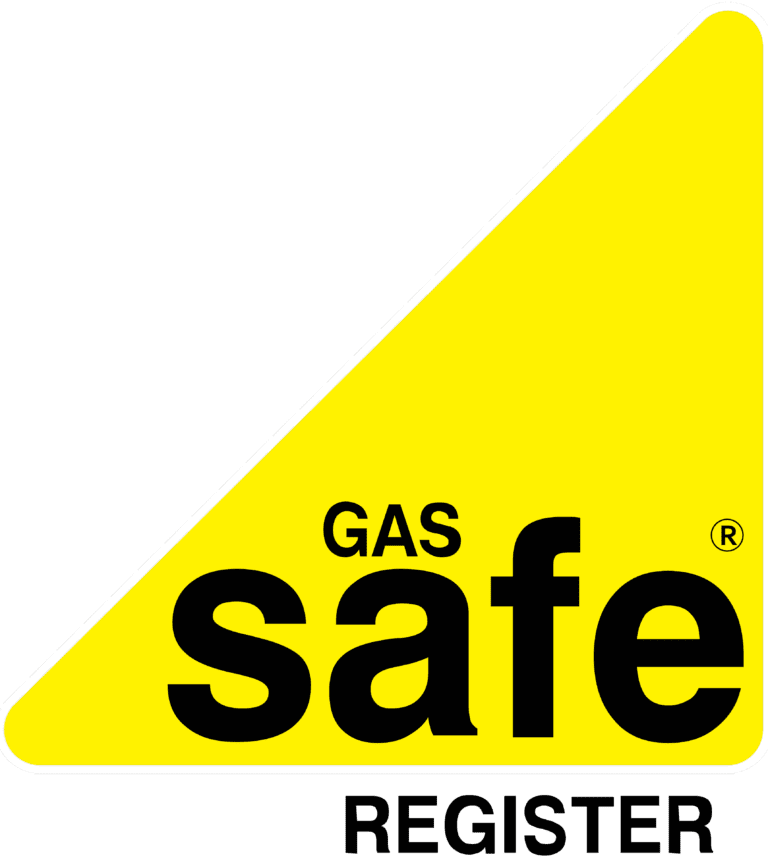Table of Contents
Everything You Need to Know About Plumbing Basics
If you’re a homeowner or just moved into a new home, plumbing may seem like a daunting task. However, understanding the basics of plumbing is essential for any homeowner, as it can save you money and prevent costly damages. In this beginner’s guide, we’ll cover everything you need to know about plumbing in the home.
What is Plumbing?
Plumbing is the system of pipes, fixtures, and other apparatuses used for the distribution of water in a building. It is used for various purposes, such as drinking water, washing, and heating. Plumbing systems are designed to be durable, safe, and efficient.
Types of Plumbing Systems
There are two main types of plumbing systems: the water supply system and the drainage system. The water supply system provides clean water to your home, while the drainage system removes wastewater and sewage from your home.
Common Plumbing Problems
Plumbing problems can occur at any time, and they can be costly to fix. Some of the most common plumbing problems include leaky faucets, clogged drains, running toilets, and low water pressure. If you notice any of these issues, it’s important to address them as soon as possible to prevent further damage.
Plumbing Tools
To perform basic plumbing tasks, you’ll need a few essential tools, such as pliers, a pipe wrench, a basin wrench, a drain snake, and a plunger. It’s also a good idea to have a basic understanding of how to use these tools, so you can fix minor plumbing issues yourself.
DIY Plumbing Tips
While it’s always best to hire a professional plumber for major plumbing problems, there are some minor issues you can fix yourself. Here are a few DIY plumbing tips:
- Clean your drains regularly to prevent clogs
- Check your toilet for leaks by adding food coloring to the tank and waiting a few minutes
- Use a plunger to clear minor toilet clogs
- Fix leaky faucets by replacing the washers or O-rings
- Insulate your pipes in the winter to prevent freezing
When to Call a Professional
While DIY plumbing can save you money, there are times when it’s best to call a professional. Here are a few situations where you should call a plumber:
- Major plumbing leaks
- Sewer line problems
- Installation of new plumbing fixtures
- Water heater repairs or replacements
- Backflow prevention
Conclusion
Plumbing is an essential part of any home, and understanding the basics can save you money and prevent costly damages. Remember to address plumbing problems as soon as they occur, and don’t hesitate to call a professional for major issues.

